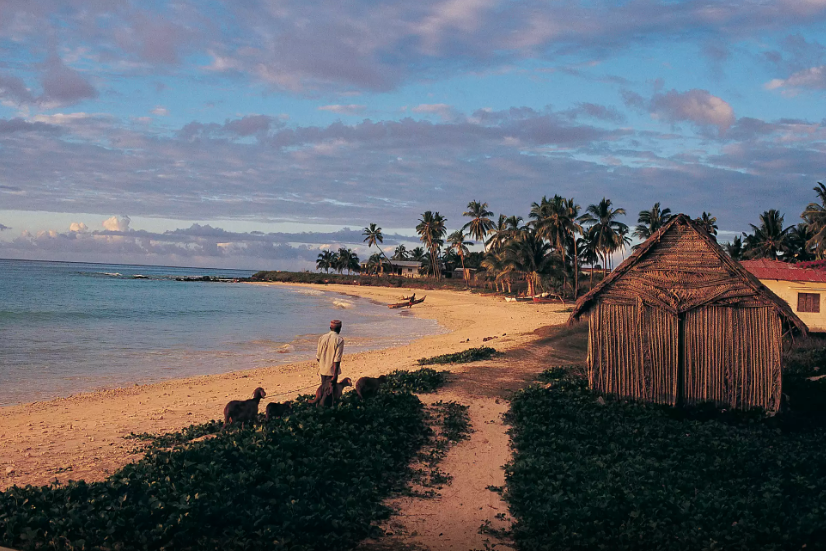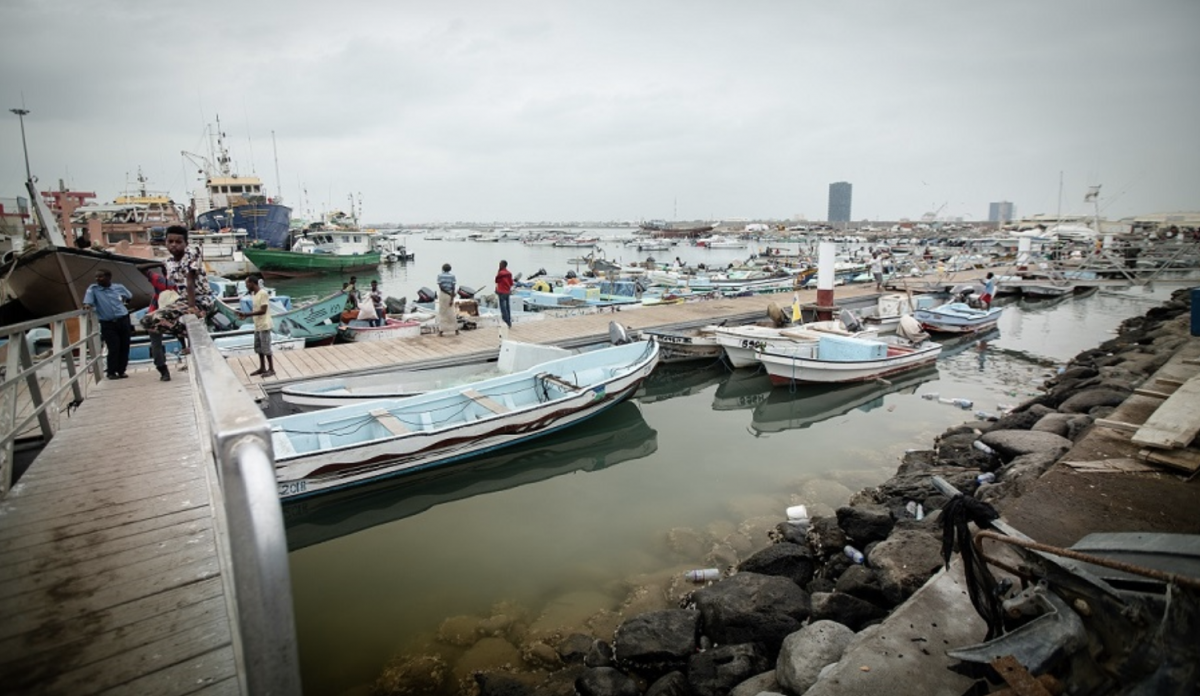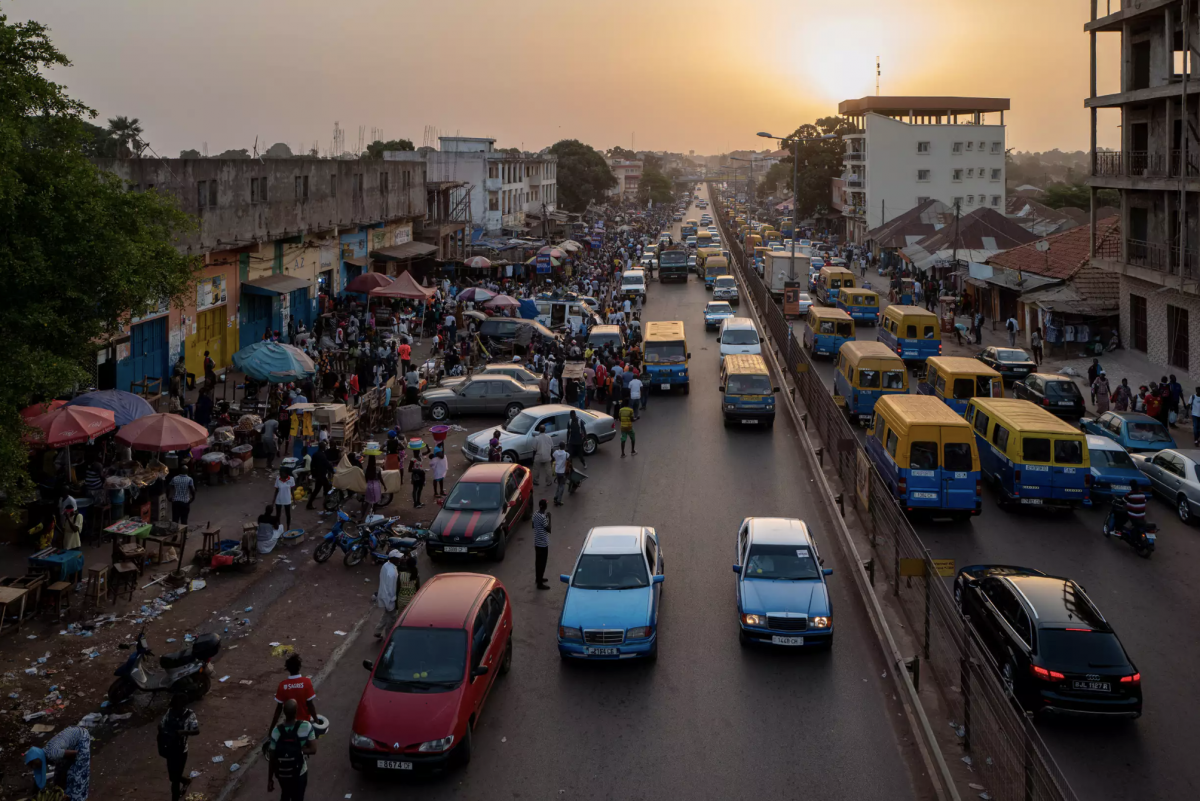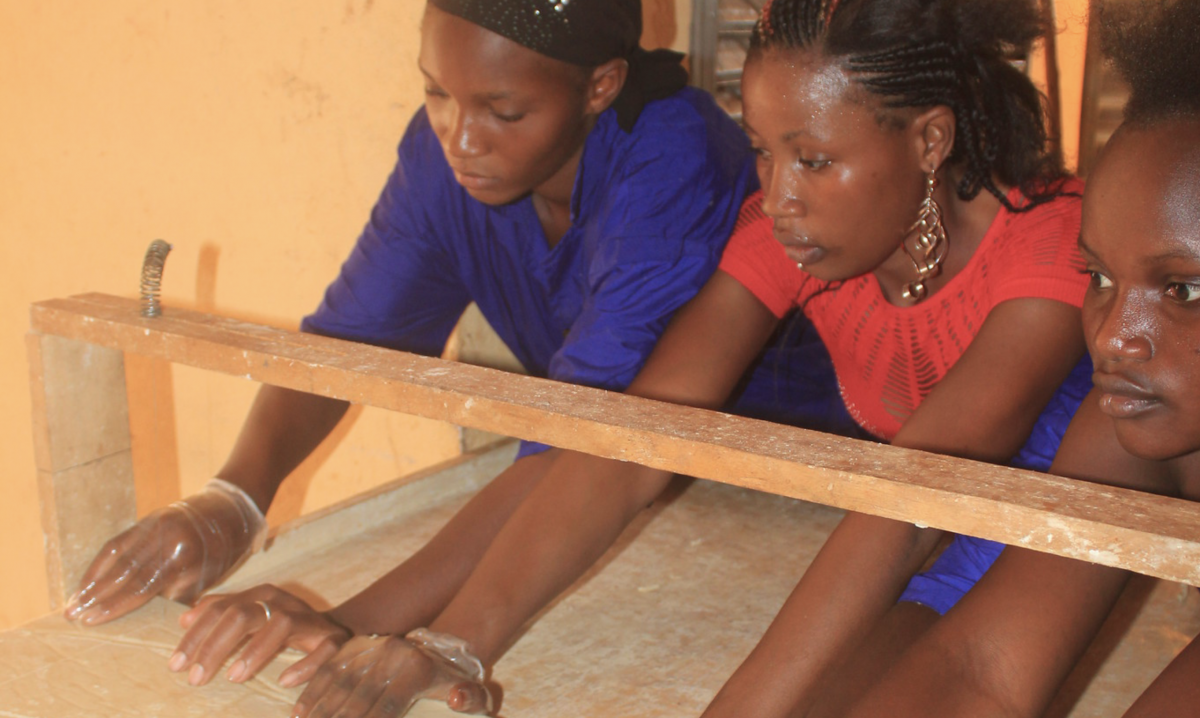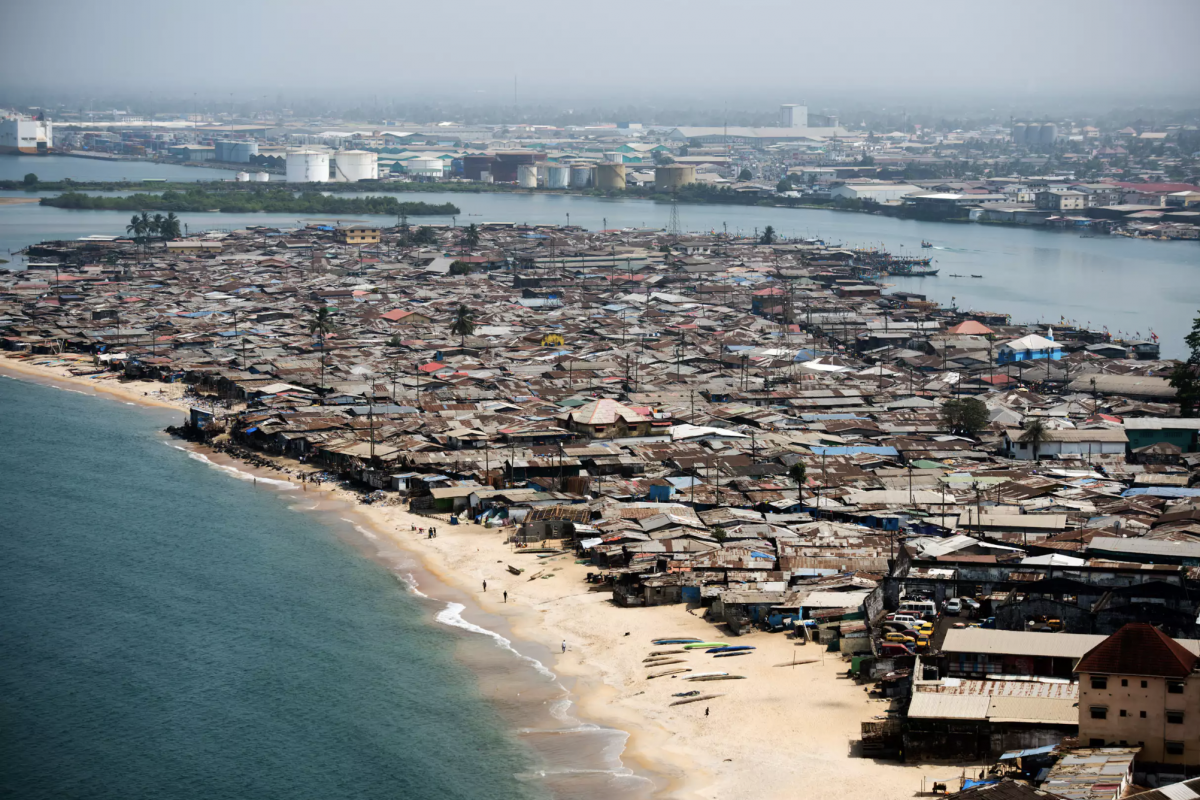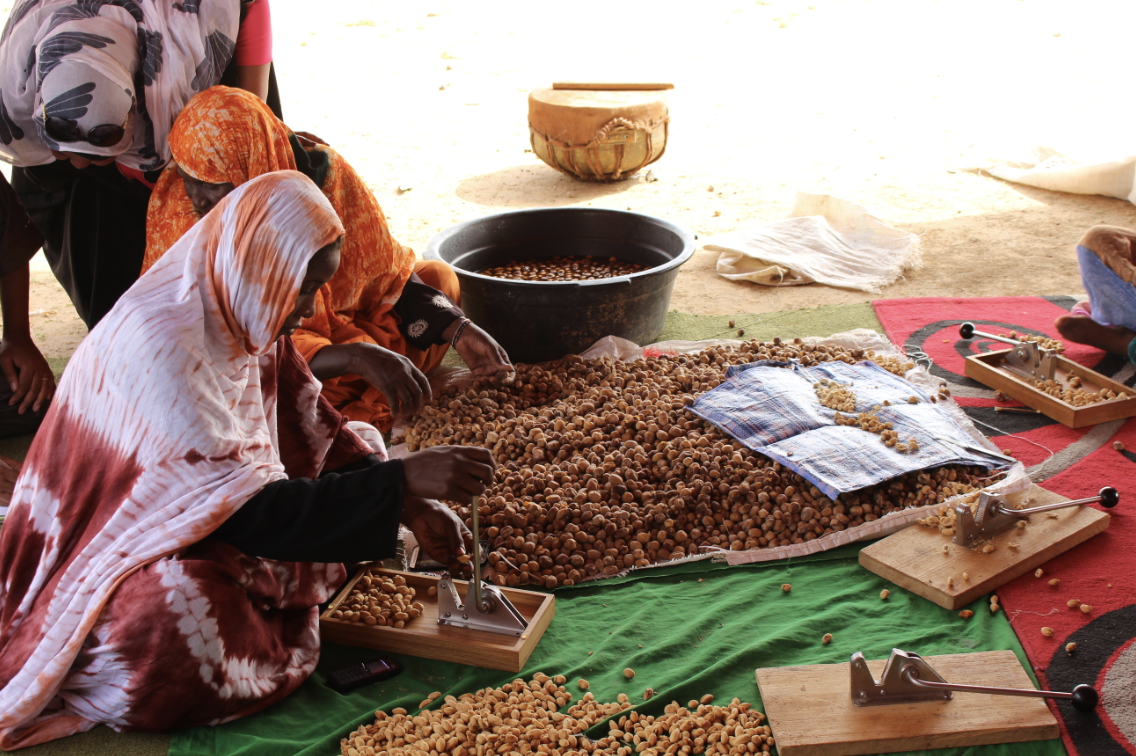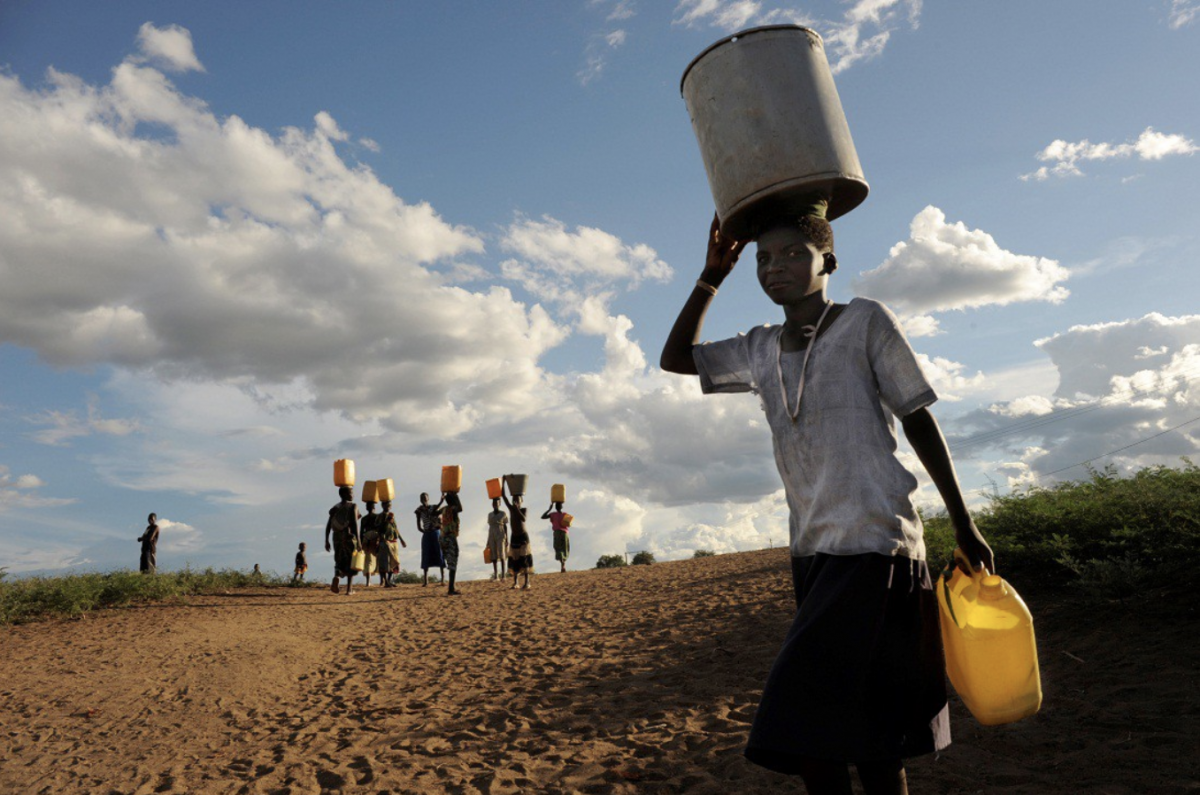Supporting Azerbaijan to advance their NAP process
Project Overview
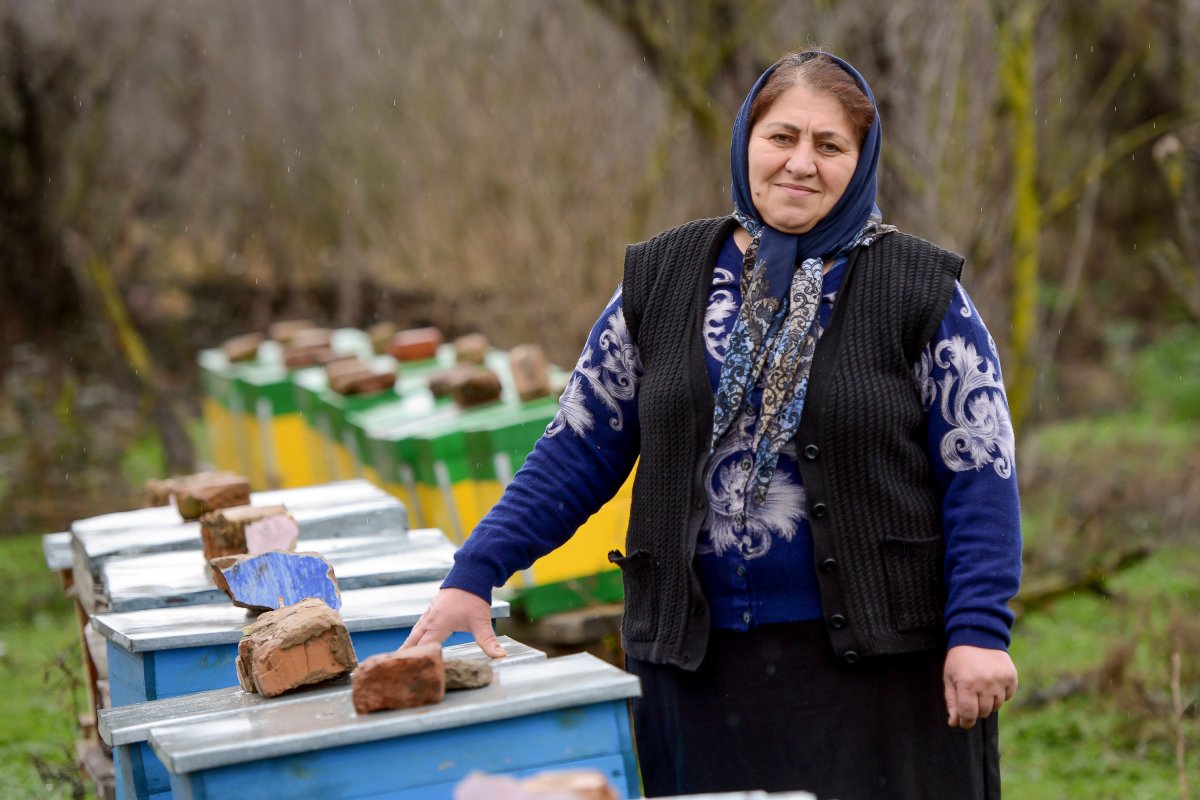
Country background, Sustainable Development Goals and Paris Agreement
Azerbaijan is a landlocked country in the South Caucasus region of Asia bounded by the Caspian Sea to the east, Russia to the north, Georgia to the northwest, Armenia to the west and Iran to the south. The physical and geographical characteristics of Azerbaijan make it a highly sensitive country to the adverse effects of climate change. The terrain in the north of Azerbaijan is sub-tropical, while the west coast of the country has 40 percent mountainous cover and 60 percent arid and semi arid terrain. Extreme weather events, such as flooding, drought and heat stress are expected to increase in frequency. The arid and semi-arid areas will experience increased temperatures and a reduction in precipitation. Forecasts for the Caspian Sea levels are uncertain; as these have both increased and decreased over the last 50 years. This situation adds complexities, especially when planning for climate adaptation measures in Azerbaijan.
At the national level, Azerbaijan adopted the “Strategic Road Map on National Economic Perspectives” in 2016, which allowed the country to create a new development model based on short (2020), medium (2025) and long-term measures (post 2025). The Strategic Development Road Map (SDRM), up to 2025 and beyond, covers eight priority sectors, including the development of the manufacture and processing of agricultural products, the manufacture of small and medium entrepreneurship-level consumer goods, the oil and gas industry, development of heavy industry and machinery, tourism, logistics and trade, vocational education and training, financial services, communication and information technologies and utilities. Azerbaijan’s "Nationally Appropriate Mitigation Actions (NAMAs) for low-carbon end-use sectors" project from 2015-2020 was placed within the existing national framework of Azerbaijan and provided a particular focus on a programmatic NAMA approach that reflected specific greenhouse gas measures to be implemented by SOCAR, the national oil company of Azerbaijan.
Since Azerbaijan presented its National Determined Contribution (NDC) to the UNFCCC in 2017, the Government of Azerbaijan has embarked on the preparation and implementation of a National Adaptation Plan (NAP). A stocktaking exercise was undertaken in 2017, where key barriers were identified. Some of Azerbaijan’s barriers include, limited data access, insufficient institutional and technical capacity on climate change adaptation at managerial, expert/practitioners and community levels and limited mainstreaming of climate change adaptation considerations into national, regional, local and sectoral planning, budgeting and regulatory frameworks. In December 2017, Azerbaijan’s first Green Climate Funding readiness adaptation planning project “National Adaptation Plan (NAP) Support Project for adaptation planning and implementation in Azerbaijan” was approved, with UNDP as Delivery Partner. The Green Climate Fund project supports the Government of Azerbaijan in facilitating the development of the NAP and the improved climate change adaptation actions in Azerbaijan in three priority sectors identified by the Ministry of Ecology and Natural Resources (MENR) through stakeholder consultations: water, agriculture and coastal areas.
Azerbaijan has since submitted two more proposals to the Green Climate Fund. The third readiness proposal submitted in May 2019, “Development of a strategy and action plan for up scaling climate services and multi-hazard early warning in Azerbaijan” is under preparation, with UNEP as Delivery Partner. The third readiness proposal will assess climate services and multi-hazard early warning systems, the feasibility for up scaling them and the development of a strategy, action plan and financing strategy.
How has the NAP-GSP supported to date?
| Supported the NAP Roadmap and produced a Stocktaking Report |
The stocktaking exercise for the NAP highlighted the fact that that there is limited data sharing among institutions, both within the Government of Azerbaijan and beyond. A fact-finding/stocktaking mission to Azerbaijan was organized during May-June 2017 to analyze and verify the gaps, needs and barriers to adaptation planning, gathered during the desk research. During the mission, close to 21 meetings were held with more than 30 people from Government, NGOs, private sector, and International organizations |
|
Identified entry points for the NAPs process |
Based on these consultations, the assessment was developed, and barriers and gaps for the national adaptation process were identified and validated. This process informed a theory of change as the basis for a project proposal that identifies the inputs, activities, sub-outcomes and outcomes, necessary to overcome said barriers and gaps.
|
|
Helped build capacity and facilitated access to additional climate finance
|
In December 2017, Azerbaijan’s first Green Climate Fund readiness project Adaptation planning support for Azerbaijan through UNDP was approved. The adaptation planning supported by this GCF-funded project will build on the results of the GEF/SSCF Funded project "Integrating climate change risks into water and flood management by vulnerable mountainous communities in the Greater Caucasus region of Azerbaijan," and will use the lessons learned and data produced, including the results of the impact assessment in the Northern-Western Regions of Azerbaijan, the implementation of an early warning system’s pilot and for that area and of water user associations. To maximize synergies between the Adaptation Planning project and the second and third readiness projects, close communication will be maintained with FAO and UNEP during the implementation of the projects’ specific activities. |
News
UNDP at the heart of climate change action in Azerbaijan - UNDP’s ongoing partnership framework with the State Oil Company of Azerbaijan SOCAR came into effect in 2015, with a firm commitment to reduce greenhouse gas (GHG) emissions and energy intensity of SOCAR’s major facilities.
UN Resident Coordinator and UNDP Resident Representative Ghulam Isaczai Speech - April 2018 - UNDP Resident Representative Ghulam Isaczai delivered the Opening speech at the conference on The Important Role of Hydrometeorology Organisations in the Adaptation to Climate Change about the Importance of Climate Action and Current Climate Change Adaptation Practices in Azerbaijan
EU, UNDP and Government launch groundbreaking new programme to fight climate change in Azerbaijan - April 2019 - A new regional EU4Climate project financed by the European Union kicked off in Baku today putting multi-stakeholder partnerships at the forefront of effective climate change action in countries of the Eastern Partnership (EaP) region.




